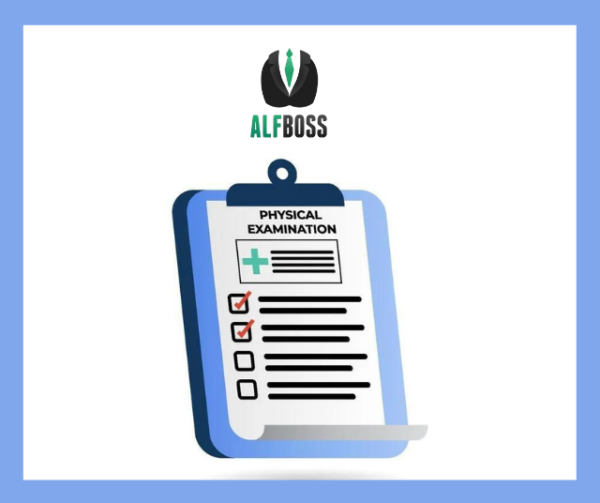
One of the most important elements of admitting a new resident in the initial physical examination by a physician and the assessment your clinical team performs. This process will determine if you are able to provide the services that this resident will require, ultimately deciding if you can move forward with admitting this resident. Unfortunately, your facility is not equipped to handle every person who walks through its doors and it is better to know this at the beginning rather than 3 weeks after the resident moves into your community. In order to ensure communities are providing due diligence before admitting residents, the DOSS has regulated this process, check it out below:
22VAC40-73-320. Physical examination and report.
- Within the 30 days preceding admission, a person shall have a physical examination by an independent physician. The report of such examination shall be on file at the assisted living facility and shall contain the following:
- The person’s name, address, and telephone number;
- The date of the physical examination;
- Height, weight, and blood pressure;
- Significant medical history;
- General physical condition, including a systems review as is medically indicated;
- Any diagnosis or significant problems;
- Any known allergies and description of the person’s reactions;
- Any recommendations for care including medication, diet, and therapy;
- Results of a risk assessment documenting the absence of tuberculosis in a communicable form as evidenced by the completion of the current screening form published by the Virginia Department of Health or a form consistent with it;
- A statement that the individual does not have any of the conditions or care needs to be prohibited by 22VAC40-73-310 H;
- A statement that specifies whether the individual is considered to be ambulatory or nonambulatory as defined in this chapter;
- A statement that specifies whether the individual is or is not capable of self-administering medication; and
- The signature of the examining physician or his designee.
- Subsequent tuberculosis evaluations.
- A risk assessment for tuberculosis shall be completed annually on each resident as evidenced by the completion of the current screening form published by the Virginia Department of Health or a form consistent with it.
- Any resident who comes in contact with a known case of infectious tuberculosis shall be screened as deemed appropriate in consultation with the local health department.
- Any resident who develops respiratory symptoms of three or more weeks duration with no medical explanation shall be referred for evaluation for the presence of infectious tuberculosis.
- If a resident develops an active case of tuberculosis, the facility shall report this information to the local health department.
- As necessary to determine whether a resident’s needs can continue to be met in the assisted living facility, the department may request a current physical examination by an independent physician or psychiatric evaluation by an independent physician, including diagnosis and assessments.
Top Takeaway:
- Within the 30 days preceding admission, a person shall have a physical examination by an independent physician. The report of such examination shall be on file at the assisted living facility and shall contain the following:
One of the most common tags that facilities see is being out of compliance with the ‘30’ days stipulation as well as having a new examination after any changes in condition. You must audit these on a regular basis to avoid getting a tag.